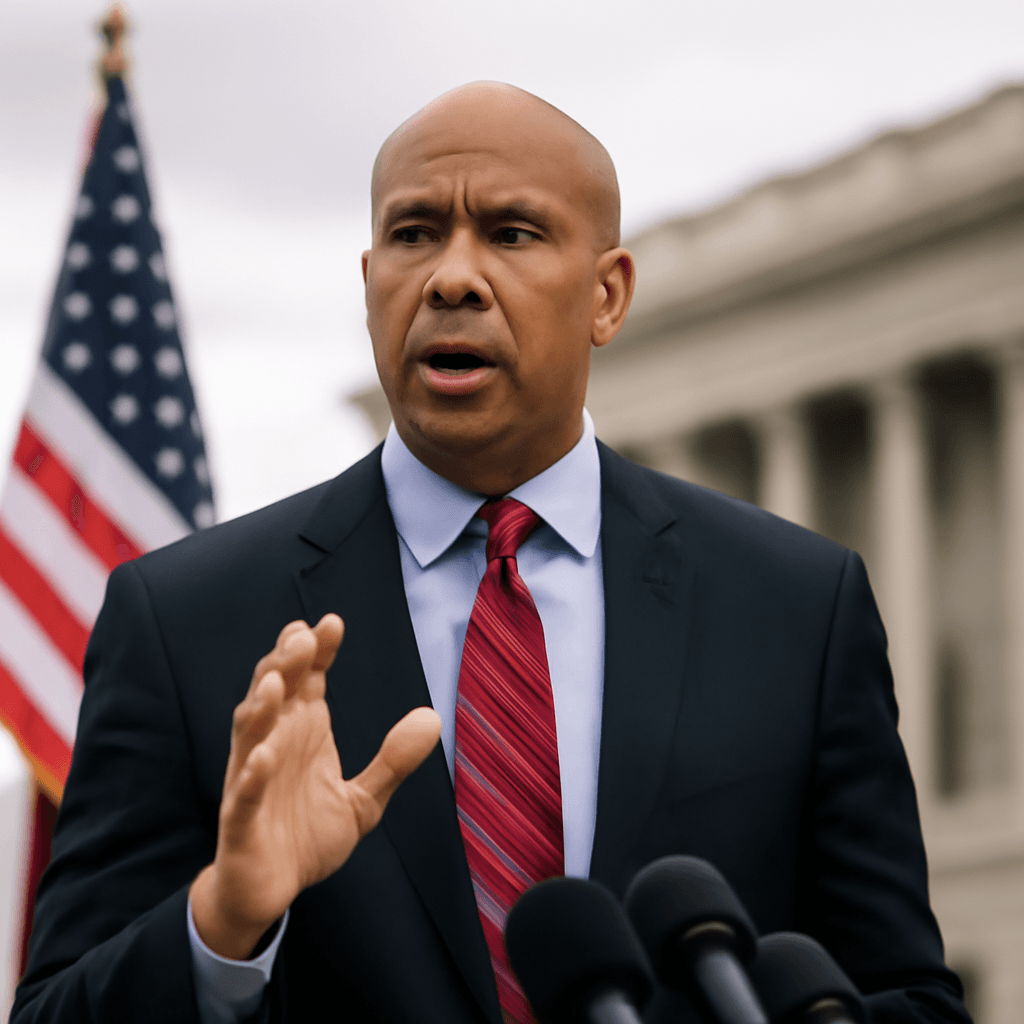Overview of the New Travel Ban
In a recent policy announcement, US President Donald Trump has instituted a broad travel ban affecting citizens from twelve countries. The restriction entirely bars these individuals from entering the United States, citing concerns over national security and increased terrorism threats.
Countries fully banned include:
- Afghanistan
- Iran
- Somalia
- Yemen
Additionally, partial visa restrictions have been applied to seven more nations, such as Cuba, Venezuela, and Turkmenistan, limiting their eligibility for certain visa categories.
Justification Cited for the Ban
The administration's reasoning hinges on preventing future attacks similar to a recent incident in Colorado. This attack, allegedly perpetrated by a foreign national who bypassed rigorous vetting, has been the principal justification for tightening entry controls.
Controversial Omission: Egypt Not Included
However, a significant point of contention remains: the attacker was reportedly an Egyptian national, yet Egypt is conspicuously excluded from both the full and partial bans. This discrepancy has sparked questions about the travel ban’s effectiveness and the true motivations behind it.
Geopolitical Considerations
The exclusion appears to stem from the United States’ longstanding strategic and military relationship with Egypt. Widely recognized as a key regional partner, Egypt’s alliance with the US involves joint military collaborations and intelligence sharing, elevating its status as a pillar of stability in the Middle East.
Criticism and Public Response
The ban’s exclusion of Egypt has prompted public outcry and criticism from various quarters. Observers argue the move reflects political priorities, privileging diplomatic alliances over a consistent national security approach. Critics assert the policy disproportionately targets nations with fewer diplomatic ties while sparing those with significant geopolitical value.
Implications and Final Thoughts
While the administration defends the travel ban as necessary for safeguarding American citizens, the selective inclusion raises substantial doubts about its comprehensiveness and impartiality. By excluding Egypt, the policy risks undermining its stated objective, sparking debate over whether the administration has miscalculated in its approach to national security.
As discussions continue, many contend that the current ban targets the wrong countries, complicating efforts to form a coherent and effective immigration and security policy.
















